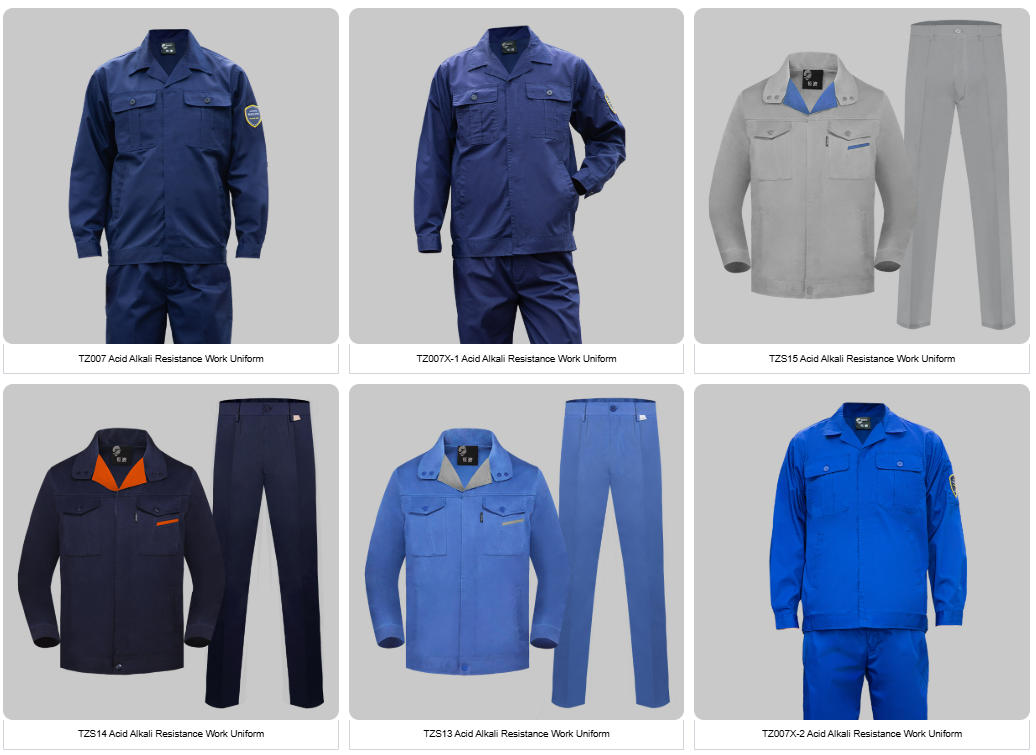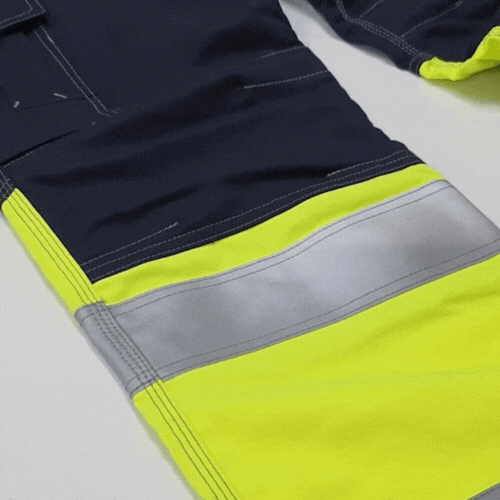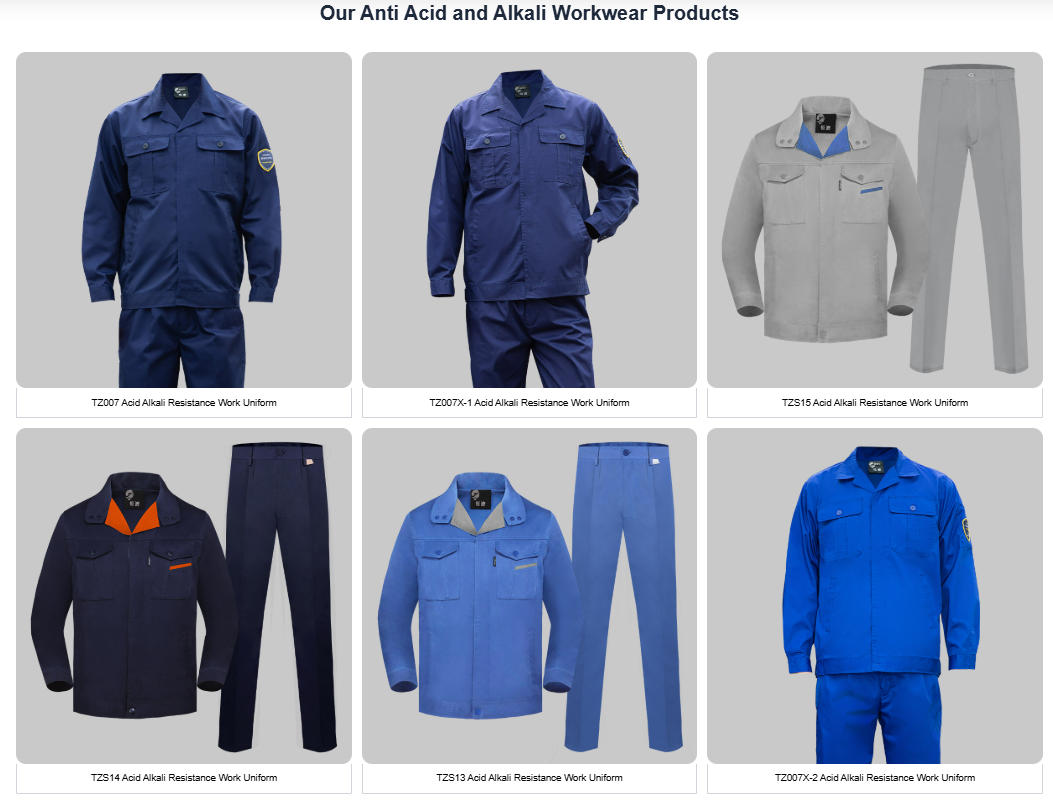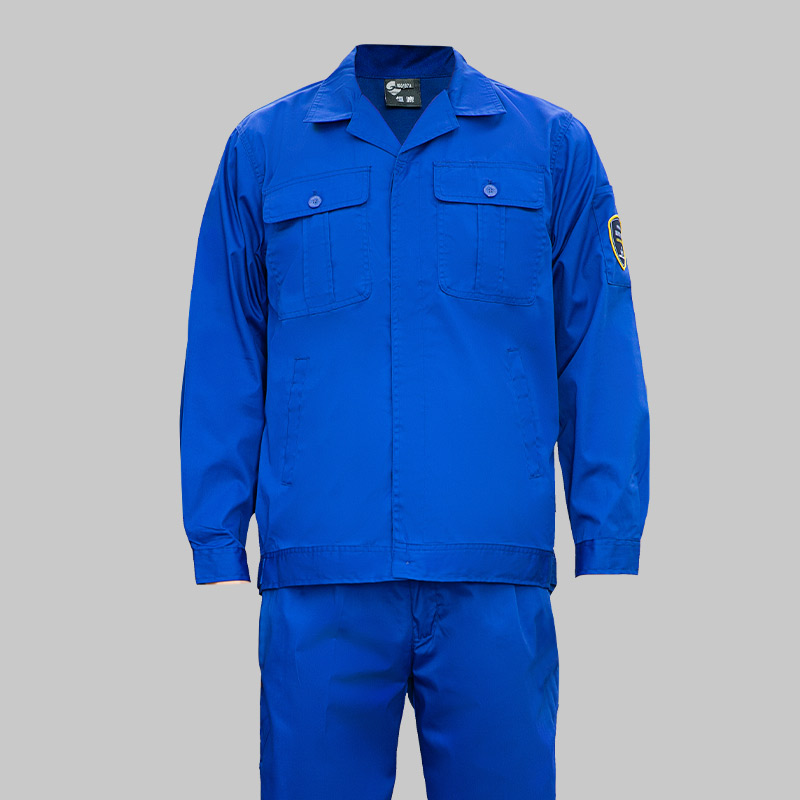Importing custom work uniforms from China offers Israeli businesses significant cost advantages and access to high-quality manufacturing. This practical guide provides a step-by-step overview of the process, key considerations, and expert tips to ensure a successful import experience.
Why Source Work Uniforms from China?
Chinese manufacturers offer:
-
Competitive pricing without compromising quality
-
Advanced customization capabilities (embroidery, printing, patches)
-
Flexibility in order quantities (from small batches to large volumes)
-
Extensive experience in technical textiles and workwear production

israeli company imports custom logo work uniforms china
Step-by-Step Import Process
1. Define Your Requirements Clearly
-
Garment specifications: Determine fabric type (cotton, polyester, blends), weight, and special features (stain resistance, breathability)
-
Design details: Provide high-resolution vector files of your logo, specify placement (chest, back, sleeve) and application method (embroidery, screen printing)
-
Sizing: Provide detailed size charts according to Israeli/European standards
-
Quantities: Establish your order volume while considering MOQs (Minimum Order Quantities)
2. Find Reliable Suppliers
-
Platforms: Use Alibaba, Made-in-China, or Global Sources to identify potential suppliers
-
Verification: Look for suppliers with Gold Supplier status, verified badges, and positive reviews
-
Communication: Assess responsiveness, English proficiency, and willingness to provide samples
-
Due diligence: Request business licenses and manufacturing certifications
3. Sample Evaluation
-
Always request samples before placing bulk orders
-
Evaluate fabric quality, stitching, logo execution, and overall craftsmanship
-
Test garments for comfort, fit, and functionality
-
Confirm colors match your specifications under different lighting conditions
4. Negotiate Terms and Finalize Agreement
-
Pricing: Negotiate unit prices based on order volume
-
Payment terms: Standard practice is 30% deposit, 70% before shipment
-
Shipping terms: Understand Incoterms (FOB, CIF, or EXW) and their implications
-
Production timeline: Establish clear deadlines for production and shipping
5. Quality Control and Production Monitoring
-
Request production updates and photos during manufacturing
-
Consider third-party inspection services for quality assurance
-
Conduct pre-shipment inspection to verify order compliance
6. Shipping and Logistics
-
Shipping methods: Choose between sea freight (cost-effective for large orders) or air freight (faster for urgent needs)
-
Documentation: Ensure proper documentation (Commercial Invoice, Packing List, Bill of Lading, Certificate of Origin)
-
Insurance: Protect your shipment with adequate insurance coverage
7. Customs Clearance in Israel
-
Import regulations: Understand Israeli import requirements for textiles
-
Customs duties: Calculate applicable taxes and import duties
-
Customs broker: Consider hiring a professional to facilitate clearance
-
Standards compliance: Ensure products meet Israeli quality standards
Key Considerations for Israeli Importers
Cultural and Business Practices
-
Be aware of time zone differences (China is 6 hours ahead of Israel)
-
Understand Chinese business etiquette and communication styles
-
Build long-term relationships with reliable suppliers
Quality Assurance
-
Implement strict quality control measures
-
Develop detailed technical specifications for manufacturers
-
Conduct regular factory audits either personally or through agents
Logistics Optimization
-
Plan for shipping times (typically 30-45 days by sea to Ashdod or Haifa ports)
-
Account for Jewish holidays and Chinese New Year in your timeline
-
Consider consolidating shipments to reduce costs
Financial Considerations
-
Factor in all costs (product, shipping, insurance, duties, VAT)
-
Understand currency exchange risks between USD/CNY and ILS
-
Explore different payment methods with security measures
Common Challenges and Solutions
Challenge: Language barriers and communication issues
Solution: Use clear, simple English; provide visual references; consider hiring a translator for complex negotiations
Challenge: Quality inconsistencies
Solution: Implement rigorous QC processes; maintain detailed specifications; build relationships with trusted suppliers
Challenge: Shipping delays
Solution: Work with experienced freight forwarders; build buffer time into your schedule; track shipments regularly
Challenge: Customs clearance complications
Solution: Work with an experienced customs broker; ensure accurate documentation; understand prohibited items
Tips for Success
-
Start with smaller orders to test supplier reliability before committing to large volumes
-
Visit trade shows such as Canton Fair to meet suppliers in person
-
Develop strong relationships with your manufacturers for better service and pricing
-
Stay updated on trade agreements between China and Israel that might affect duties
-
Consider sustainability by asking about eco-friendly materials and production processes
Conclusion
Importing custom work uniforms from China can be highly beneficial for Israeli companies seeking quality products at competitive prices. By following this guide and paying attention to the details of sourcing, production, and logistics, businesses can establish efficient supply chains that support their growth and branding needs.
Remember that successful importing requires patience, attention to detail, and strong partnerships. With the right approach, Chinese manufacturers can become valuable long-term partners in helping your Israeli business project a professional image through high-quality custom workwear.
Useful links:





